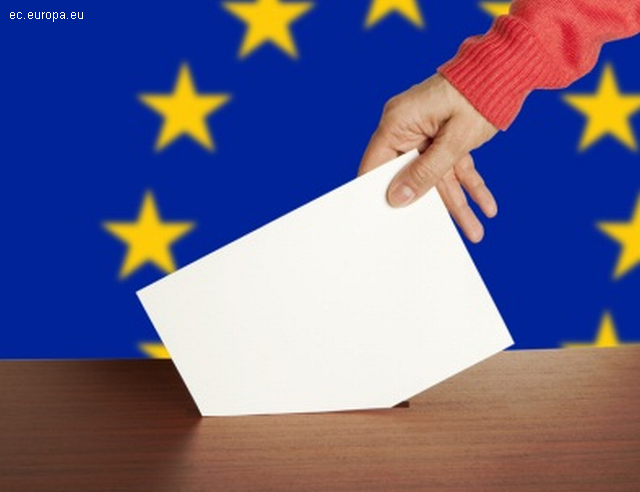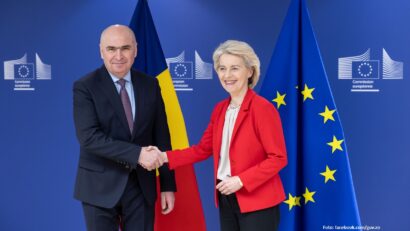European Elections 2014
The alliance formed around the Social Democratic Party has won the EP election in Romania.

Ştefan Stoica, 26.05.2014, 13:16
After a campaign that had little to do with European issues, namely jobs, migration and social policies, the European elections in Romania brought but one surprise.
The left-wing alliance made up of the Social Democratic Party, the Conservative Party and the National Union for the Progress of Romania, which are also in the cabinet, won almost half of Romania’s 32 seats in the European Parliament. The alliance was followed by two centre-right parties, the National Liberal Party and the Liberal Democratic Party. The Democratic Union of Ethnic Hungarians in Romania and the newly created, pro-presidential People’s Movement Party have also won seats in the European Parliament, with a little over 5% of the votes.
The surprise is the high score of the actor Mircea Diaconu as an independent candidate. His battle with the courts to be allowed to run in these elections has transformed him, in the eyes of the voters, into a man fighting with the system, and this has won him many votes.
With the European elections now over, the time has come for political negotiations in the run-up to the presidential election in November. Things have become clearer on the centre-right spectrum, denying the Civic Force Party and the National Peasant Party much say in the future talks. The number one party in the opposition, the National Liberal Party, believes the priority right now is to create a common front against the Social Democratic Party. The Liberals say their MEPs will leave the Alliance of Liberal and Democrats for Europe and join the European People’s Party, to prevent the European Commission chairmanship being taken over by the Socialists.
The result of the European elections in Romania runs counter to a worrying trend in Europe, whereby euro-sceptical and extremist parties are becoming increasingly popular. Romania has no populist or xenophobic MP on its list of MEPs. Although with fewer seats, the European People’s Party still has the highest number of representatives in the European Parliament, followed by the Socialists and the Democrats. None of these groups has a majority, however, which means tough negotiations lie ahead.






























